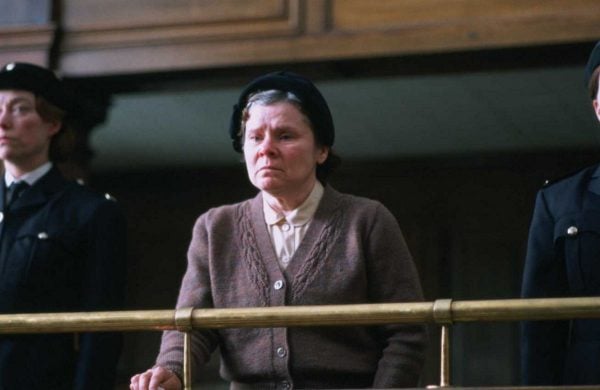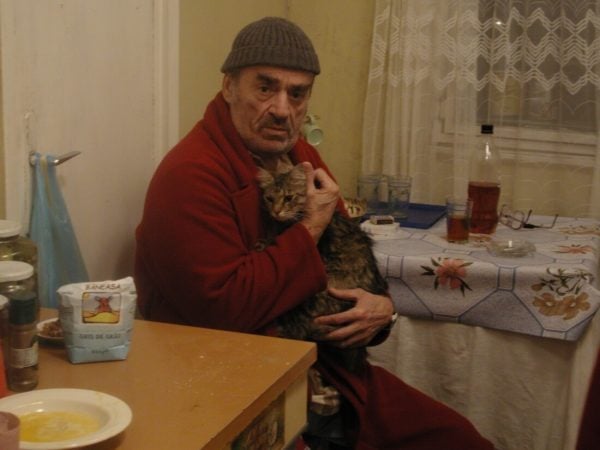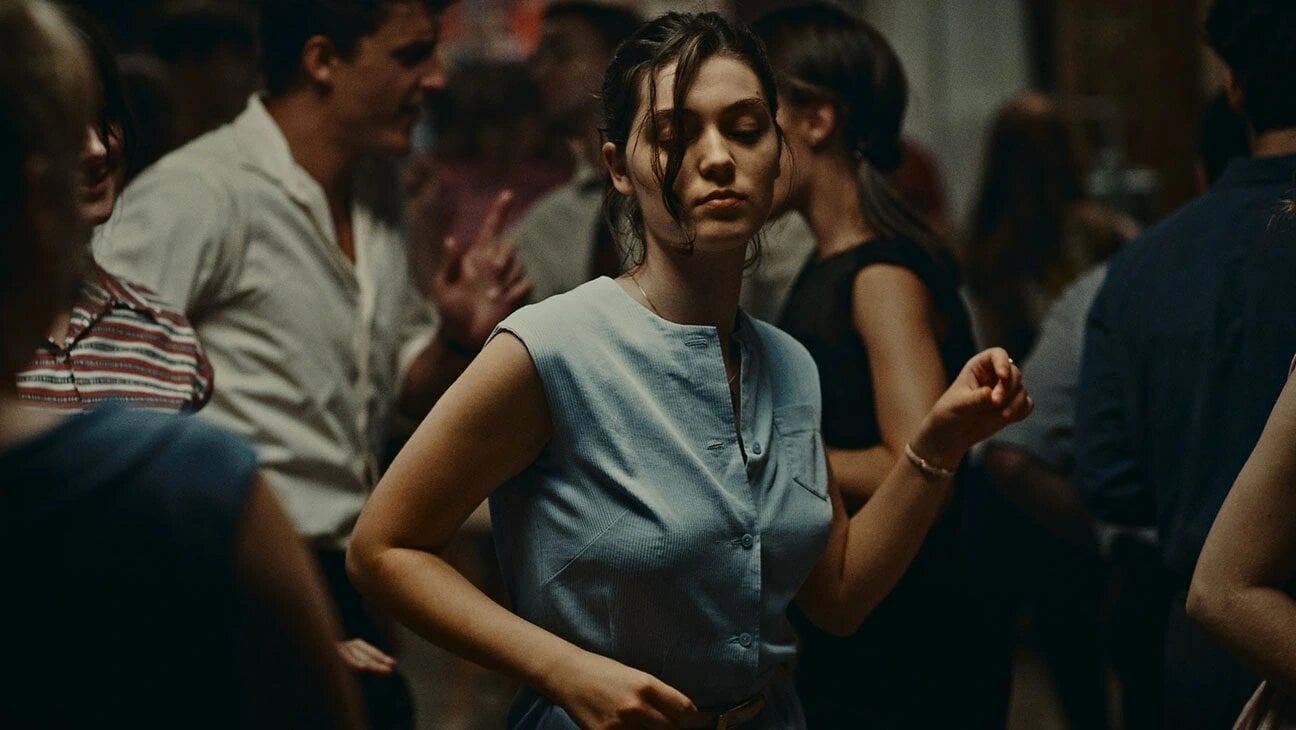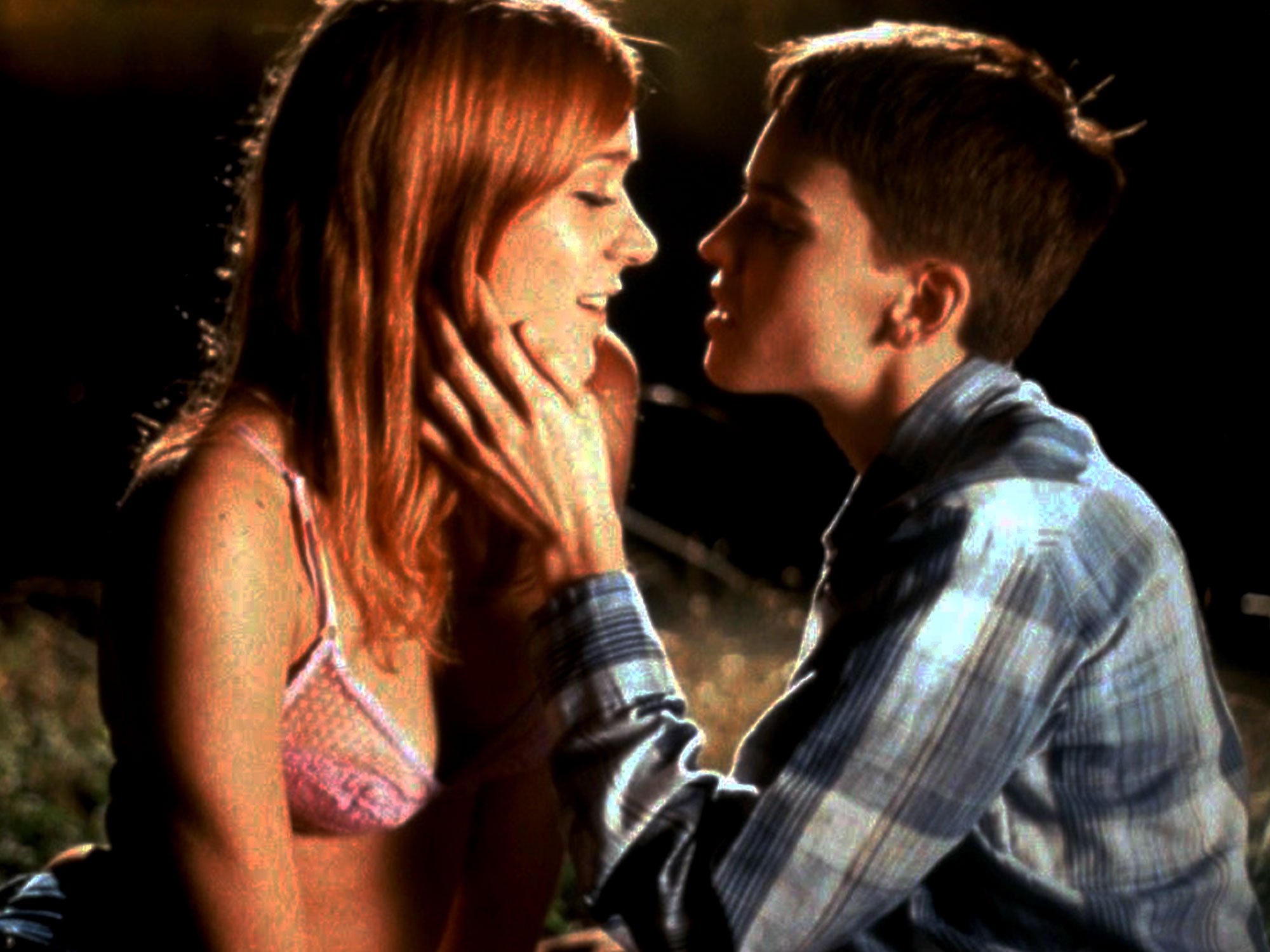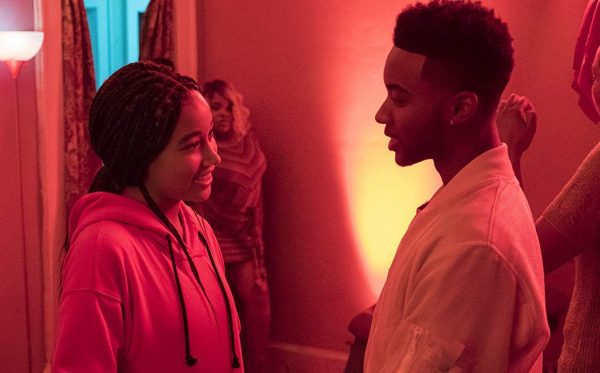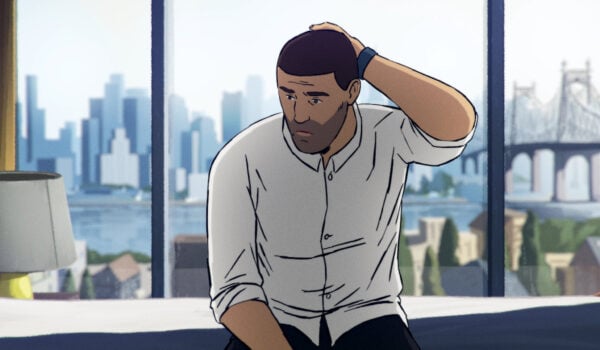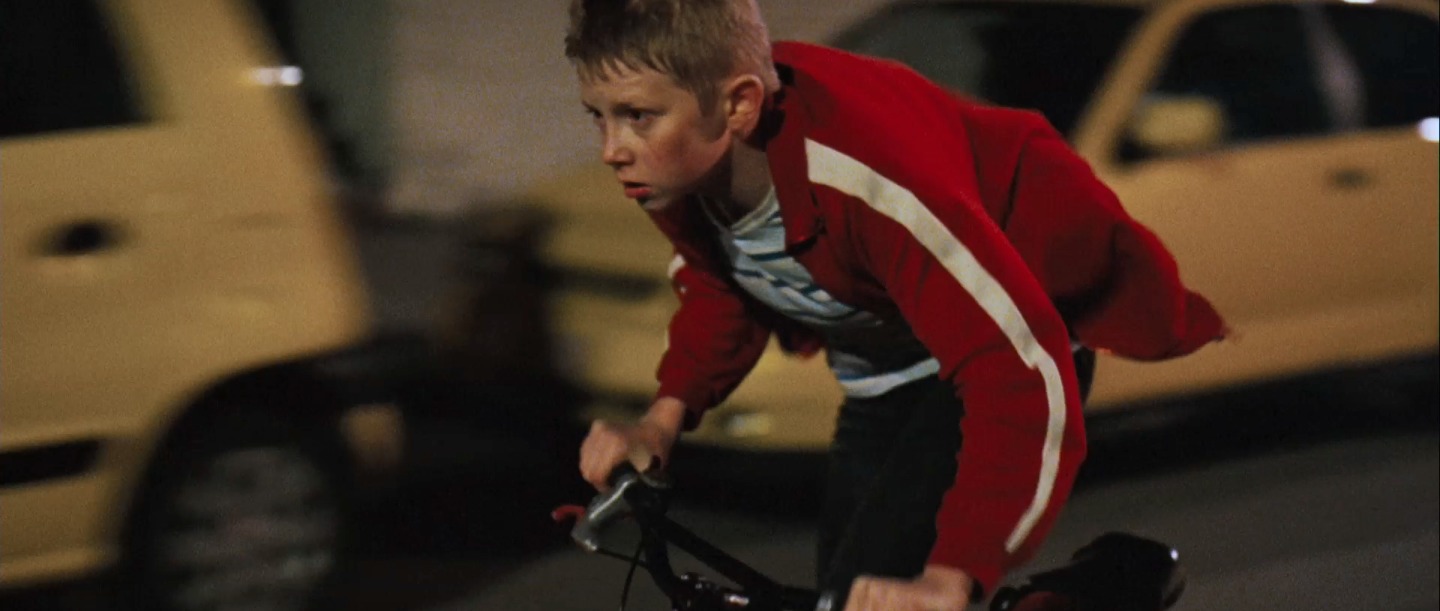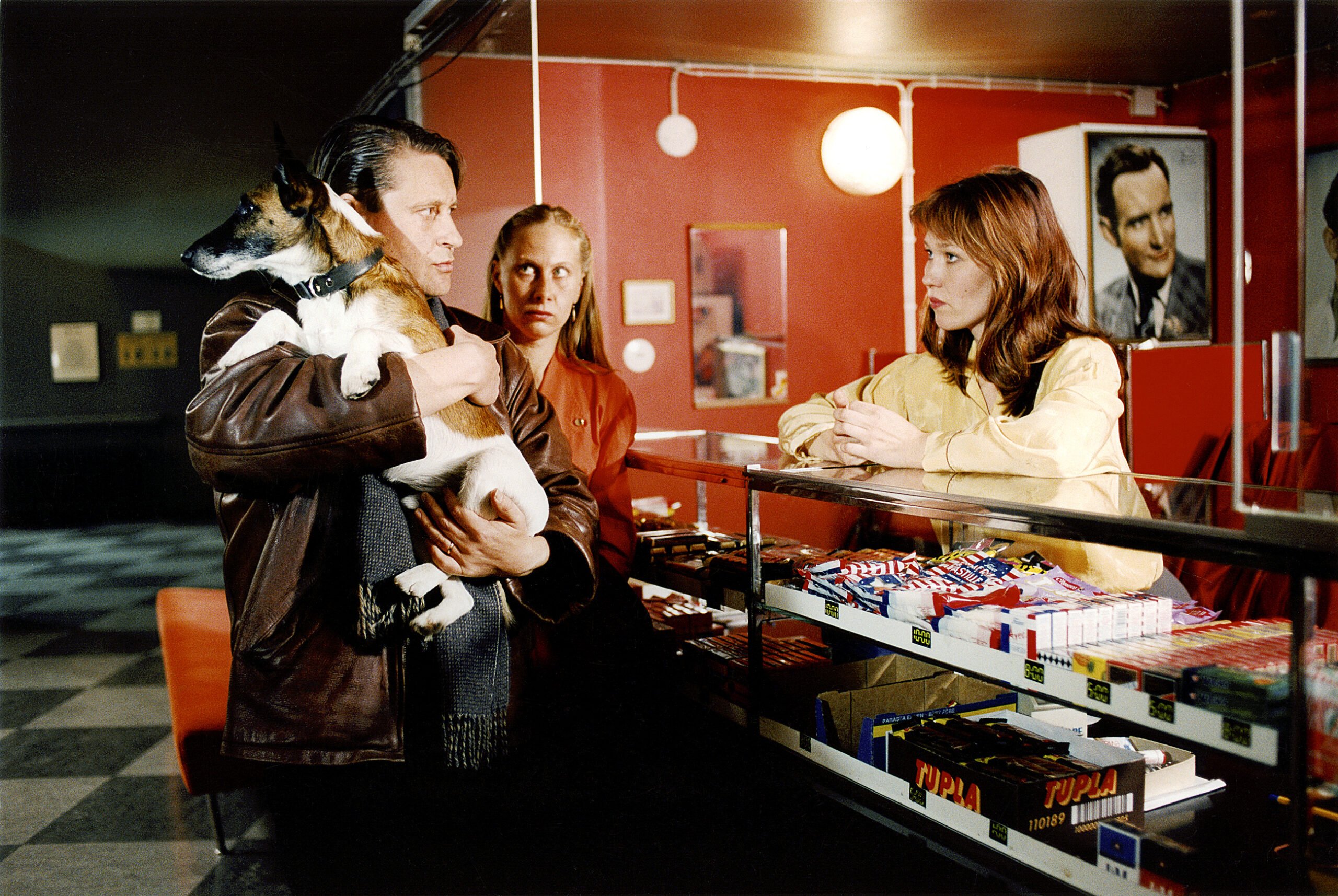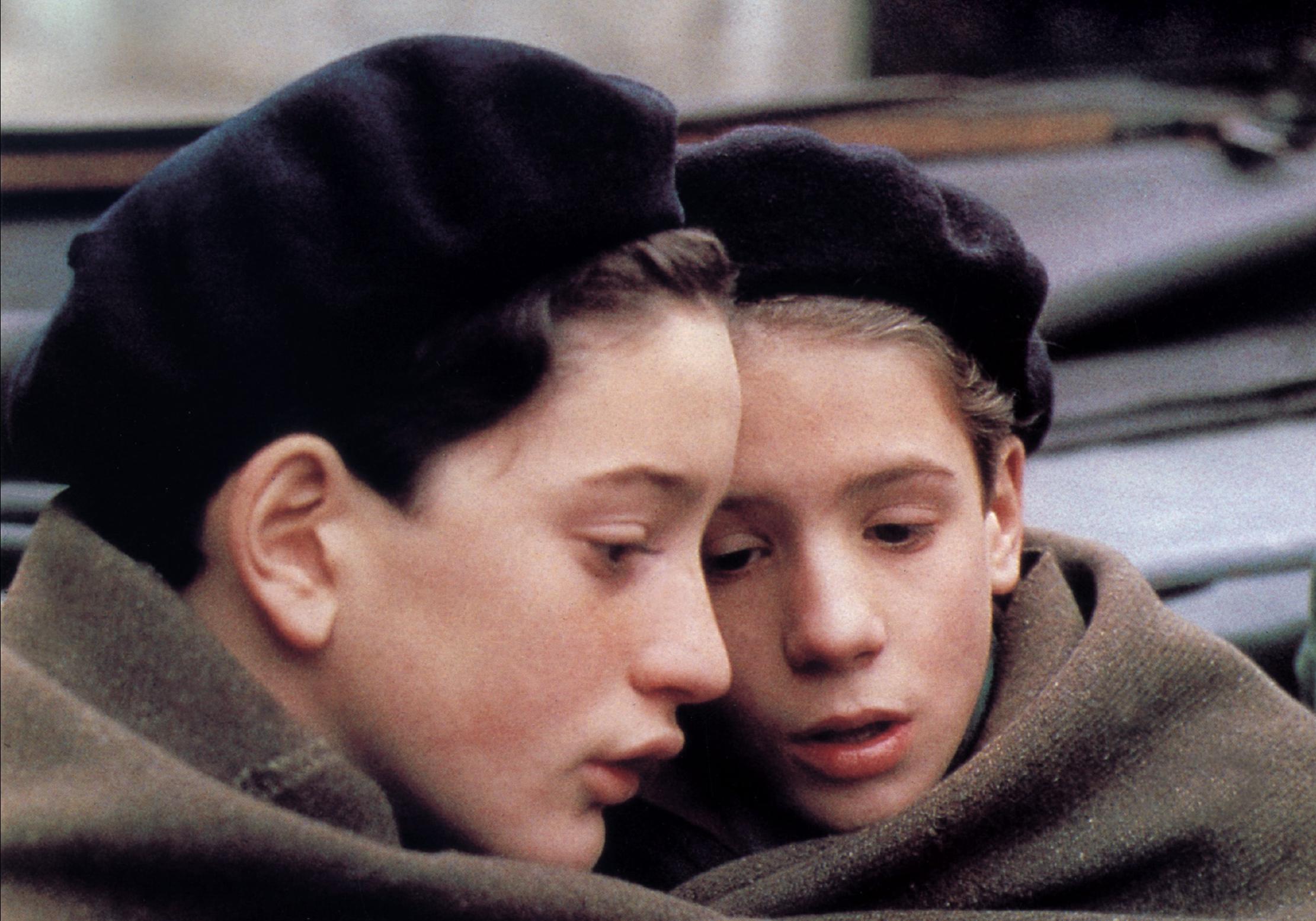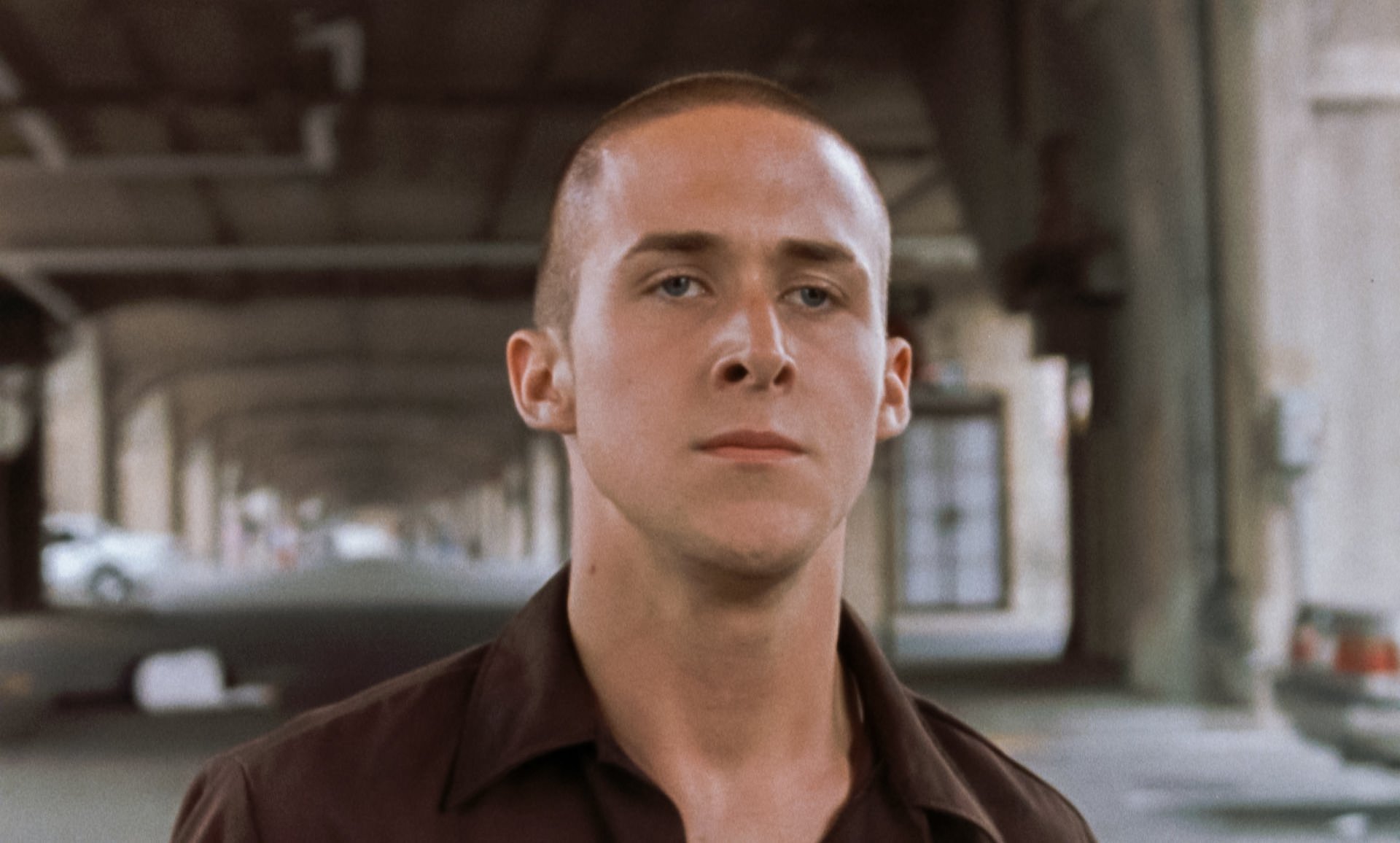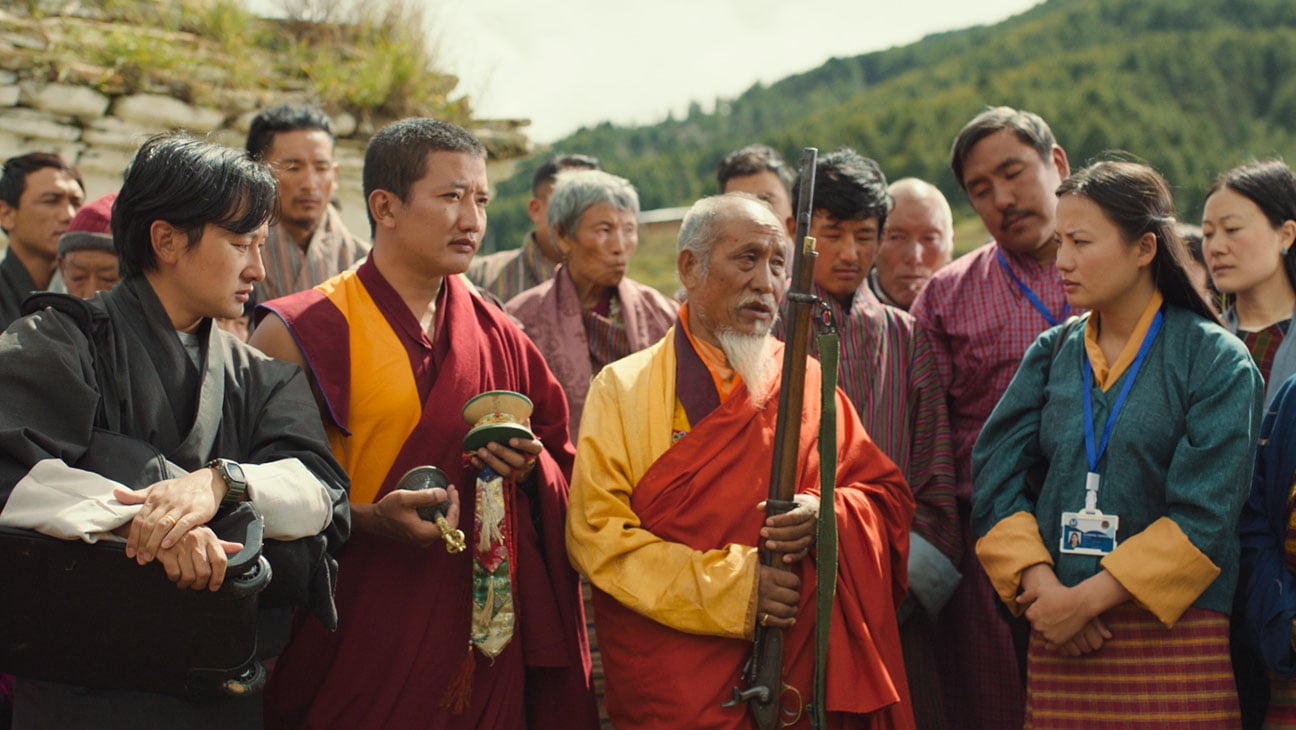
70 Best Woke Movies to Watch Right Now
April 8, 2025
Share:
Movies are no stranger to wokeness. Even before the term “woke” was adapted into mainstream use, cinema has had a long history of raising social awareness and rousing audiences into action. From the social class films of the ’50s to the blaxploitation craze of the ’70s to the plethora of BIPOC and LGBTQIA+ movies that dominate today’s screens, woke cinema has always been here, and it’s not going away anytime soon.
Below, we list the most piercing, compelling, and illuminating social justice movies you can stream right now.
Read also:
21. Vera Drake (2004)
Genres
Director
Actors
Moods
Mike Leigh’s forthright and compassionate depiction of working-class life extends to his period pieces as well. Imelda Staunton is remarkable as Vera Drake, a housekeeper in 1950’s London who quietly performs abortions on the side.
Leigh’s vigilant portrayal of class highlights the stark divide between abortion access for the poor and what is offered to the rich. The storytelling is simple and straightforward, he doesn’t over-sentimentalize or grandstand, but merely depicts conditions as they were. Meanwhile, Staunton’s Vera oozes so much fullness, warmth, and empathy, that the heartbreak that follows is mercilessly palpable.
22. The Death of Mr. Lazarescu (2005)
Genres
Director
Actors
Moods
Mr. Lazarescu is a widower living with his cats in a small Bucharest apartment. One night when he begins to feel sick and calls for help, he sets in motion a kafkaesque parade of nurses, doctors, and hospitals as he is ferried through a bureaucratic maze unable to get treatment for his rapidly deteriorating condition. Cristi Puiu’s searing indictment of a failed healthcare system mixes kitchen-sink realism with tinges of gallows humor for a remarkable one-of-a-kind experience.
Beneath its grim demeanor is a clear-eyed portrait of the heart-rending weariness of paramedics and hospital staff that speaks spectacularly to our current mid-pandemic moment of exhausted doctors and overflowing facilities. This focus on the toll of the system on paramedics, in particular, makes this a fantastic pairing with Martin Scorcese’s’ underrated Bringing Out the Dead.
23. Happening (2021)
Genres
Director
Actors
Moods
It’s heartbreaking to realize that Happening, a film set in 1960s France tracking a young woman’s journey to dangerously and desperately terminating her pregnancy, is still very much relevant and relatable to this day. Around the world, abortion is still inaccessible, if not completely illegal, and women still struggle to lay full claim to their bodies. A lot of girls grow up with pregnancy statistics meant to instill fear, but Happening brings all that to brilliant life in intimate and unrestrained detail. The fears and wants of our protagonist Anne (played precisely by Anamaria Vartolomei) are palpable throughout. Nothing is held back in this film, and if you find yourself sick in parts, then it has achieved its goal of realistically conveying what it’s like to stay alive in a society that fails to recognize your needs.
24. Boys Don’t Cry (1999)
Genres
Director
Actors
Moods
Kimberly Peirce’s first–out of only three—film was a smashing success, mostly due to her dedication to the subject matter. Peirce spent years researching the life and tragic death of Brandon Teena after reading an article about him in The Village Voice. She felt a particular kind of kinship as a queer person herself, and wanted to construct a story out of real facts that would put the spotlight on love and the desire for connection, and not that much on the violence which dominated the public discourse. In Falls City, Nebraska, the director conducted interviews with Lana Tisdale (Brandon’s girlfriend) and her mother, while attending the ongoing trial. She took years to cast the lead and from hundreds of cis women, lesbians, and trans people, she chose the unknown actress Hilary Swank, who went on to win the Best Actress Academy Award (and the irony of that is not lost on us). The film features fantastic performances aplenty and very raw storytelling, visualized by neorealist style and low lighting. Direct references were the films of Martin Scorcese and John Cassavetes, but Boys Don’t Cry has its own blend of beauty and cruelty to take pride in.
25. The Hate U Give (2018)
Genres
Director
Actors
Moods
Such a good movie. The start is reminiscent of great, funny coming-of-age stories. However, a violent event quickly takes place and The Hate U Give becomes a powerful comment on police brutality in America, institutional oppression, and what it’s like to be from a marginalized community but try to find your place in the world. But at the end, it’s a ‘movie’ movie, directed by George Tillman Jr. who made the Barbershop movies and Men of Honor (with De Niro).
26. Flee (2021)
Genres
Director
Actors
Moods
When Amin sits down for a tell-all interview about his troubling past, his memories come to life in vivid animation. Sometimes they are sweet and intimate, like when he recounts his time as a playful boy in a much freer Afghanistan. But often, they’re marred by the unbelievable horrors of refugee life. Now a successful academic and soon-to-be husband, Amin discovers the inescapability of his status and identity, the reality of which continues to threaten his safety to this day.
Relevant and vital, Flee sheds some much-needed light on an often-overlooked phenomenon. More than just displaying factoids and numbers, it relays the specific unease and constant vigilance that comes with fleeing one’s home. But as Amin’s story, it is also richly detailed and wonderfully personal; for all its harsh exposés, the film leaves enough room for Amin’s stirring realizations about love, identity, and sexuality.
27. The Kid With A Bike (2011)
Genres
Director
Actors
Moods
The Kid With A Bike is a deceptively simple title for a film this stirring. At 12 years old, Cyril (Thomas Doret) has been abandoned to social care by his father (Jérémie Renier) — but what’s really heart-wrenching is that he’s in denial about the finality of their separation. Cyril’s muscles are seemingly always coiled, ready to spring him away from his carers and onto the next bus that’ll take him to his disinterested dad, who has secretly moved away to “start anew.” It’s only through the random force of Cyril’s few words — like the moment he asks the first stranger to show him some kindness (Samantha, played by Cécile de France) if she’ll foster him on the weekends — that we get to sense the depth of his desperation, because neither the film nor Doret is showy in that regard.
The film pulls off transcendency because of these restrained performances and its unfussy realism. In the quietness of the storytelling, emotion hits unexpectedly — and deeply. The everyday tragedy and miraculous hope of Cyril’s life are set off by some enormously moving orchestral Beethoven, the very grandeur of which underscores the effect of the humanist filmmaking: affirming the inherent preciousness of his troubled, oft-rejected child.
28. Drifting Clouds (1996)
Genres
Director
Actors
Moods
An early gem from Finnish maestro Aki Kaurismäki, Drifting Clouds is a deceptively simple story. The aftermath of job losses for wife Ilona (Kati Outinen) and husband Lauri (Kari Väänänen) holds a series of misfortunes, all of them tests to their marital bond. But this is only the beginning: as with Kaurismäki’s endearing use of flat irony and detached performances by regular actors of his, things can only get worse before they get better. Humanism has always shined through the director’s films, and this first part of a “Finland” trilogy makes no exception to the rule: the fact that labor and closeness are the two main themes (and are equally important for one’s survival) already elevates the absurdist comedy to something way more caring, engaged, and ultimately, tender.
29. Au Revoir les Enfants (1987)
Genres
Director
Actors
Moods
There are moments in our childhood that we deeply regret, even if we didn’t know better, even if innocence can excuse us, and even if we weren’t the ones primarily responsible for the mistake. The memory of it can be haunting, but none has been as devastating as the memory depicted in Louis Malle’s semi-autobiographical period drama Au Revoir les Enfants. Malle brings us to the boarding school rhythms with ease, straightforwardly depicting it as is, but with the camera and the sequencing recognizant of the implications. With the natural dynamic between the unthinking Julien (Malle’s younger self) and the alert and afraid Jean formed through subtle moments, Au Revoir les Enfants culminates into the heartbreaking coming-of-age moment that Malle personally lived through in World War II.
30. The Believer (2001)
Genres
Director
Actors
Moods
Ryan Gosling plays a Jewish Neo-Nazi in this extremely riveting window into the definition of inner conflict. It is a prime example of how character development should be done and it put Gosling on the map for me. He starts out as an exemplary student in Hebrew school until he starts questioning his teachings and exploring alternative ideologies, leading him to the neo-Nazi movement. Won the Grand Jury Prize at Sundance
Comments
Add a comment
Ready to cut the cord?
Here are the 12 cheapest Live TV streaming services for cord-cutting.
More lists
Lists on how to save money by cutting the cord.
Curated by humans, not algorithms.
© 2025 A Good Movie to Watch. Altona Studio, LLC, all rights reserved.
